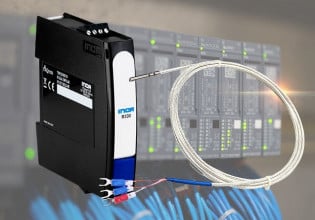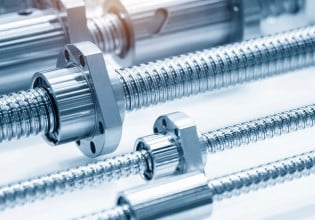M
Dear All,
I work for ESBI @ Uch Power Station. We have 3 GT's (MS9001E) and 1 ST with three Deltak HRSG's. Plant's ISO rating is 586 MW.
In Sep, 09, we (GE rep) increased the Isotherm temp. on the Gas Turbines. From 1025 to 1070 degF.
Initially 7-8 MW was increased on the GT's and the complex load increased aopprox. 30 MW.
Now a days the GT output is very low, compared to last year in same ambient conditions. We expect that the GT should be running on higher MW, because last year the Isotherm was not changed.
We have done compressor offline washing in Oct, 09 before the Complex HGPI in Nov, 09.
Could the isotherm temperature increase is not working in these conditions and will work in hot humid summer days?
Please let me know your views, if you require more data, than i an forward that too.
I work for ESBI @ Uch Power Station. We have 3 GT's (MS9001E) and 1 ST with three Deltak HRSG's. Plant's ISO rating is 586 MW.
In Sep, 09, we (GE rep) increased the Isotherm temp. on the Gas Turbines. From 1025 to 1070 degF.
Initially 7-8 MW was increased on the GT's and the complex load increased aopprox. 30 MW.
Now a days the GT output is very low, compared to last year in same ambient conditions. We expect that the GT should be running on higher MW, because last year the Isotherm was not changed.
We have done compressor offline washing in Oct, 09 before the Complex HGPI in Nov, 09.
Could the isotherm temperature increase is not working in these conditions and will work in hot humid summer days?
Please let me know your views, if you require more data, than i an forward that too.






